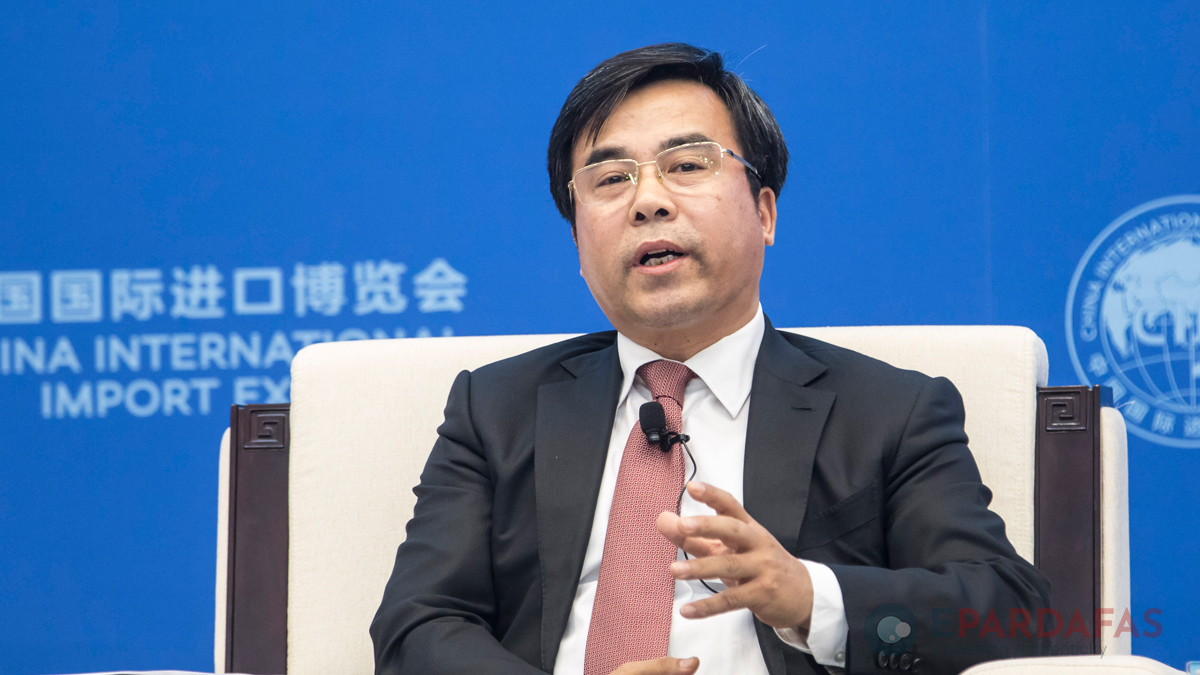
Former Bank of China Chairman Charged with Bribery and Illegal Loans

In a significant development highlighting Beijing’s relentless anti-corruption campaign within the financial sector, Liu Liange, the former chairman of the Bank of China (BOC), faces charges of accepting bribes and unlawfully granting loans.
Prosecutors allege that Liu, during his tenures at both the BOC and the Export-Import Bank of China (Exim Bank), accepted substantial bribes in exchange for facilitating promotions and favorable financing arrangements. Additionally, he stands accused of violating regulations by approving an unusually high volume of loans, leading to considerable financial losses.
Liu’s case has been linked to that of Li Li, the former president of Exim Bank’s Beijing branch, who faced investigation in January 2022 and admitted to accepting nearly 100 million yuan ($14 million) in bribes by March 2023. While Li awaits a verdict, Liu, aged 63, has been under scrutiny by China’s top anti-graft agency since March 2023 and was subsequently expelled from the Communist Party in October of the same year.
Having held prominent positions within China’s financial landscape, including serving as the president and later chairman of BOC, as well as president of Exim Bank, Liu’s fall from grace underscores the far-reaching ramifications of the ongoing anti-corruption crackdown. Prior to his leadership roles, Liu had an extensive tenure with the central bank spanning over a decade.
The financial sector’s integrity remains a focal point of China’s anti-corruption efforts, with recent cases such as that of Tian Huiyu, a former president of China Merchants Bank, who received a suspended death sentence earlier this month for various offenses, including bribery and insider trading.












Comments